World’s future lies in India
Fri, 11 Feb 2022 | Reading Time: 4 minutes
“If there is one place on the face of Earth where all the dreams of living men have found home from the very earliest days when man began the dream of existence, it is India”. This quote from French philosopher, Roman Rolland, used to feel like a mere exaggeration to me until recently when I started to comprehend the depth of it. Considering the whole world as one society and Indian society as another, let’s try to draw some parallel from Indian society to the world as whole to understand what Roman wanted to say.
Society can be defined as “a group of people interacting, and sharing at least one common trait or behavior or physical entity”. Now, to put the whole human population into the canvas of a single society, we can have ‘humanness’ as the common ground. In the case of India, it’s Indic culture peculiarities of which we will be reading in subsequent paragraphs. India, geographically defined as early as in Vishnu Purana in:
उत्तरं यत्समुद्रस्य हिमाद्रेश्चैव दहिणम् । वर्षं तद् भारतं नाम भारती यत्र संतहतिः ॥
Bharatam (India) is the land which lies to the south of the Himalayas, to the north of the ocean (Indian Ocean according to the context) and the people who live here are called Bharatiya (Indians).
There are various lenses through which one can look at the health and viability of a society. Here, we are going to look at five of them.
Indian society has always been agricultural economy owing to its conducive environment and fertile land. However, from the very starting other sectors too found adequate space in the it. The base of the Indian economy has always been its villages. Villages formed independent, self-sufficient and self- sustained economic units; however, this individuality was gradually destroyed by the colonial dispensation, understandably. This is why Gandhi Ji said that if India wants to stand on its legs again, she has to revive the individuality of the villages and let the economy be driven from the grassroot level. This can be a lesson for the rest of the world too. Due to highly dynamic nature of growth and development, it is very important to let the change come from the lowest level. This will not only provide a strong base to the economy as a whole but also more acceptance among people and permanence in this globalized world.
After economy it’s the political dispensation that decides not only the growth and development of a society but also the stability and peace in it. After ruling India for almost two centuries, the intellectual British colonial minds produced some great assumptions subsequently coming out in the form of their opinion, at the time when India was snatching her independence, declared the inability of India to run itself and predicted disintegration into numerous small countries if given freedom. However, now India is standing firmly with an effective democratic setup which in many terms is far better than many western democracies. The pinnacle of every single organ of governance in Indian political setup is elected, not selected and run by rules setup under the boundaries of the constitution. Indian can be termed as epitome of democracy and has also proved all the alternatives stating that democratic setup is not pro-development and pro-society, wrong. With second highest population in the world and highly varied society, it is still holding flame of peace, brotherhood and development high making India continent prospering as a nation.
Indian democracy has effectively proved that if there is any political setup that can fulfill desires and need of the people, it is democracy and has also shown the way of its effective implementation. If something is needed to provide the equal representation and subsequently fulfillment of every single individual on the earth, it’s the Indian democracy.
Indian democracy has its roots in Indic culture. From the very starting Indic civilization, representation of common people had always been on the books. It’s this Indic culture which got praised even by its invaders and colonials for its peculiar co-existence and brotherhood even with such a wide spectrum of differences, opinions and religious affiliations among its people. Even many invaders and colonials couldn’t resist themselves and settled in India and this is why we have people from all the communities and religions in the world here in India. If the first and only, if not many, things world as a society can learn from India is this peaceful co-existence while mutual respect even with such a great variety. Unity in the variety is rare but irreplaceable.
Unity in any society comes from peace at the individual level. If the individuality in a society is safe, it will prosper peacefully. However, Individual fulfillment isn’t that simple as it is multifaceted. An individual’s freedom to do what he wants to, his access to education and other common goods, his rights and their parity with the other citizens, etc. are some worthy enough to be named. Indic culture and subsequently society has always been welcoming for all shorts of humans and the democratic dispensation of modern India has taken it to new heights.
When individual fulfillment is achieved, it is collective identity that needs to be taken care of. There has to be some common identity that symbolizes collectiveness and sew the society into one. Most of the countries today find geographical extension, religion and common past as their national identity but in India it’s the way of life and culture. Irrespective of the religion and community one belongs to, there are some peculiar cultural things every Indian does and relate to.
For shaping a global society, we need to learn co-existence and mutual respect. This can only be possible with the acceptance of the fact that no-one is above and no-one is below. However, in this pursuit of forming a globalized society India can be and should be the torchbearer.
Disclaimer
The opinions expressed in this article are the author’s own and do not reflect the views of Chanakya Forum. All information provided in this article including timeliness, completeness, accuracy, suitability or validity of information referenced therein, is the sole responsibility of the author. www.chanakyaforum.com does not assume any responsibility for the same.
Chanakya Forum is now on . Click here to join our channel (@ChanakyaForum) and stay updated with the latest headlines and articles.
Important
We work round the clock to bring you the finest articles and updates from around the world. There is a team that works tirelessly to ensure that you have a seamless reading experience. But all this costs money. Please support us so that we keep doing what we do best. Happy Reading
Support Us




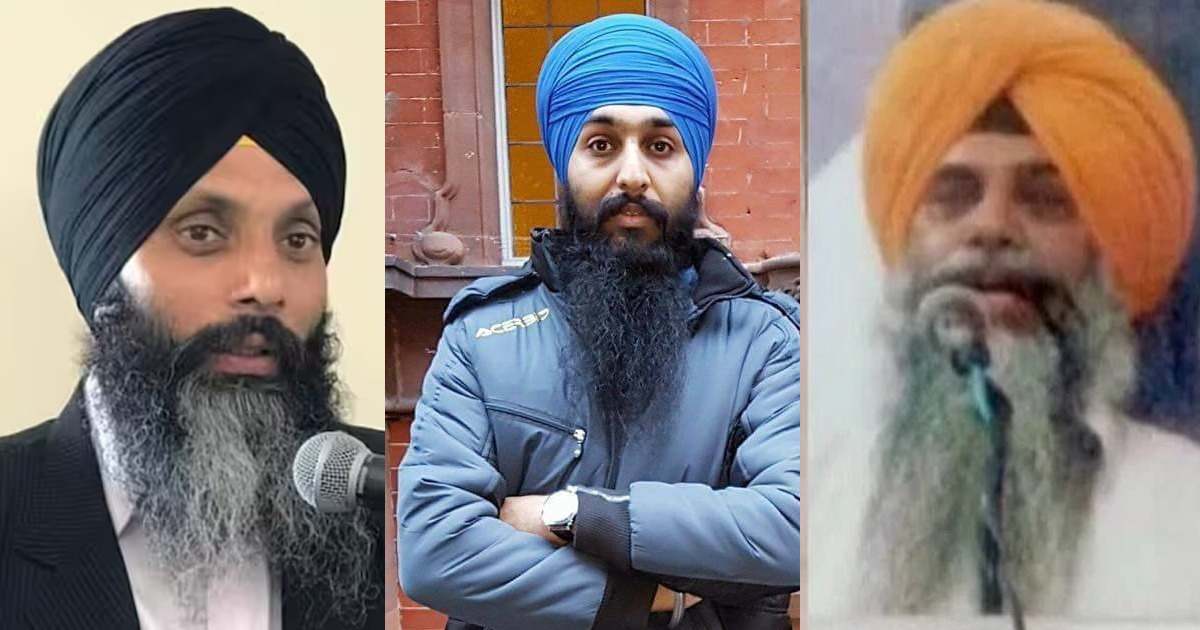
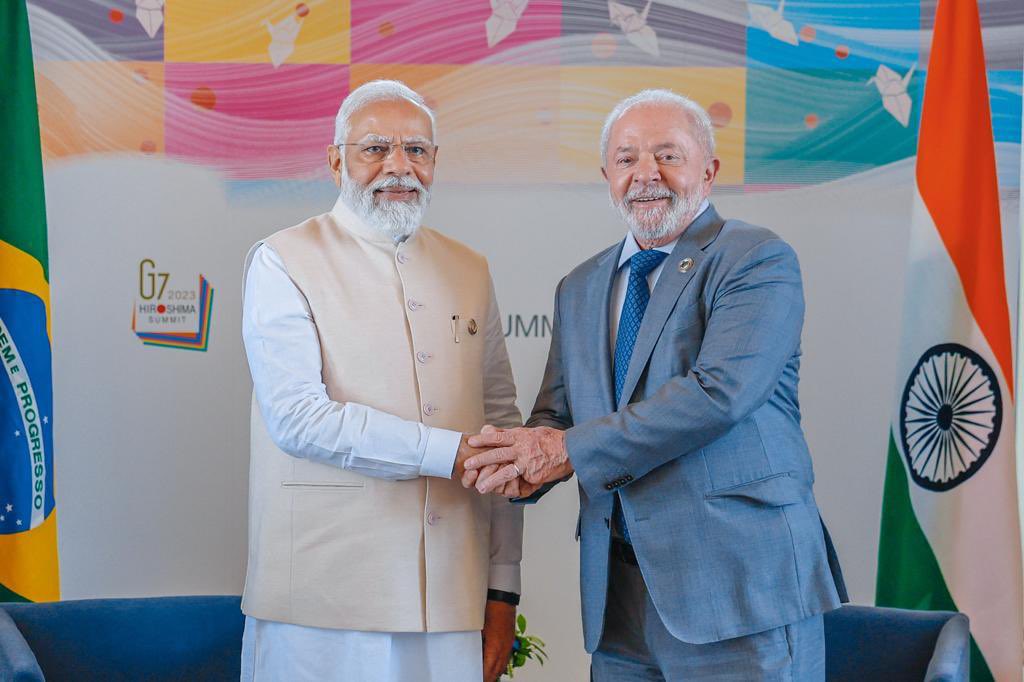

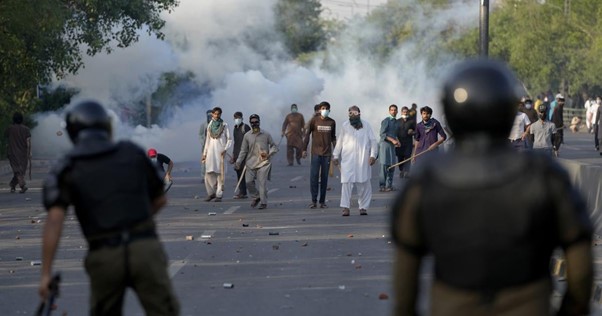

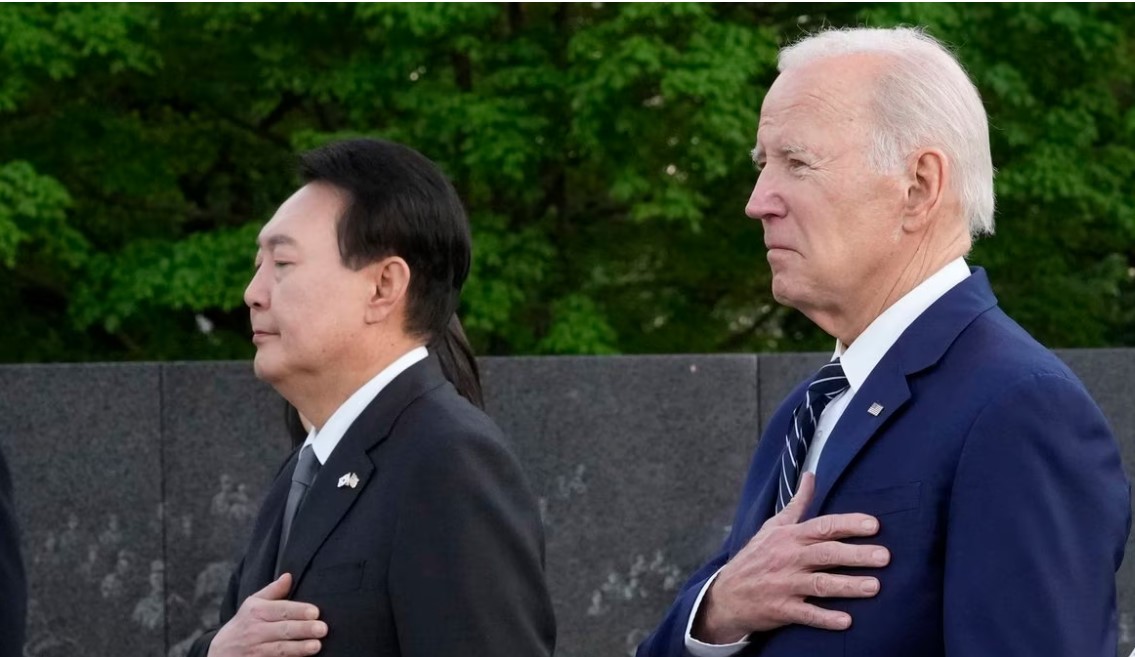

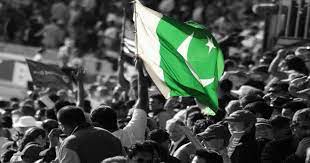
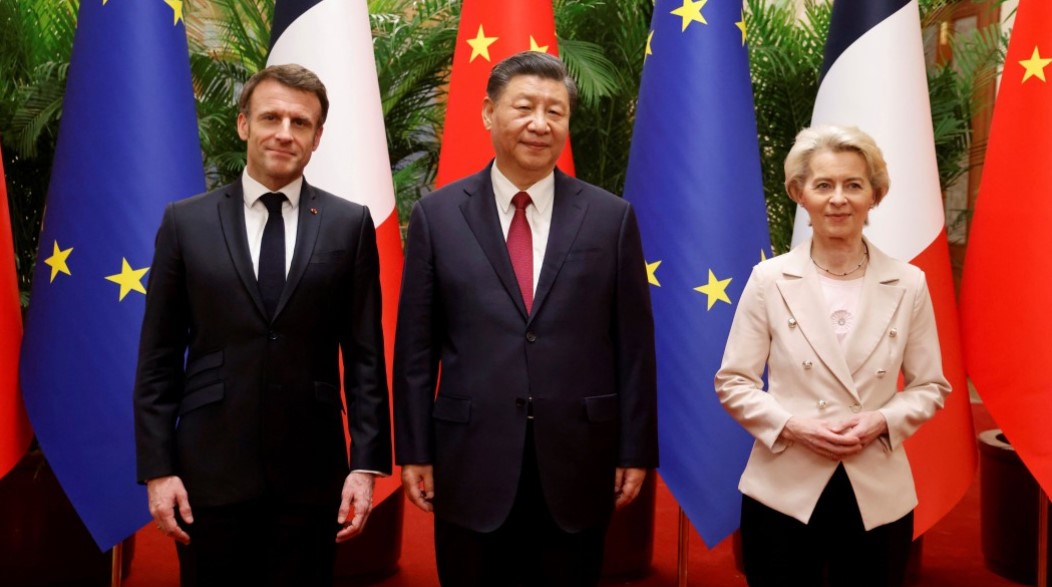







POST COMMENTS (1)
Kalidan Singh